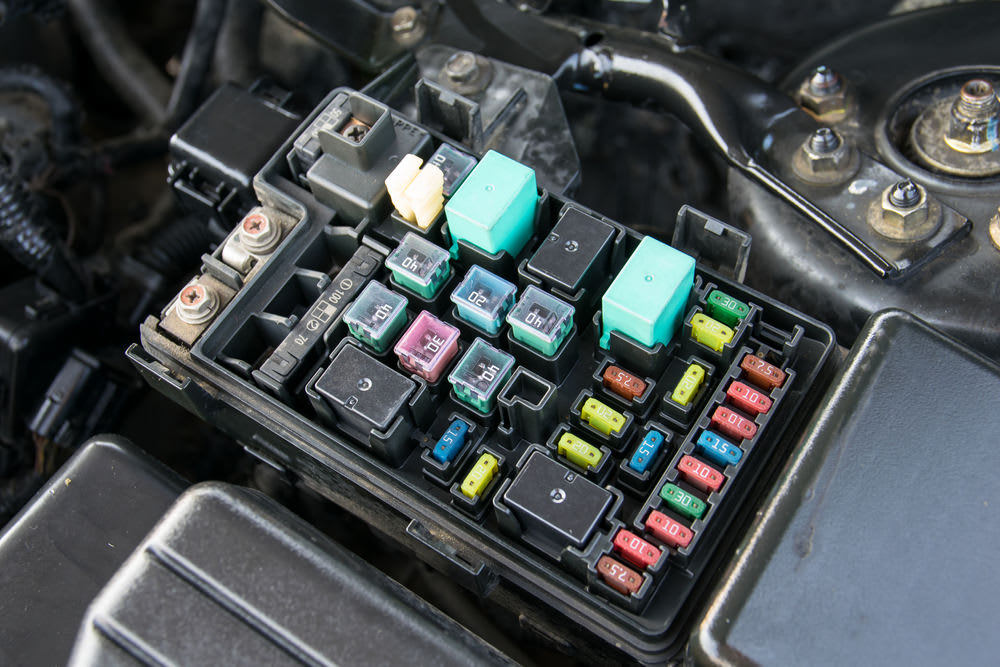

If you own your car long enough, you can assume that at some point, one or more of your automotive fuses will blow.
Usually, a blown fuse just causes a minor car electrical problem, like backup lights or interior lights not working, not being able to use your radio, losing a turn signal, or some of your climate control features not functioning properly. In rare cases, though, a blown fuse can mean that your car won’t start.
Problems that cause fuses to blow
If you have multiple problems, something could be seriously wrong in your wiring harness or computer system. These are serious issues, and you won’t be able to diagnose the car problem on your own – you will have to see a mechanic. But if it’s just one thing, odds are that it’s a fuse.
All cars use fuses, and if your car has an electrical problem, it could very well be because a fuse has heated up, melted, and interrupted the flow of electricity. Sometimes, a blown fuse indicates a larger problem, but they also blow for simple reasons, like the driver overloading the system by using every available accessory at the same time. They can also blow because they’re past their “best before” date.
Fuses can also blow if someone has replaced a bad fuse with one that is of a higher amperage. The most common amperages are 15, 20 and 30, and replacing a 15 amp fuse with a 20 or 30 amp, or a 20 amp fuse with a 30 amp, may result in a blown fuse. Worse, it could cause a more severe car electrical problem, because it can cause wires to melt. Conversely, replacing a higher amp fuse with one of a lower amperage will probably not power the component that isn’t working.
If you suspect you are experiencing electrical problems with your car, a mechanic can diagnose the problem and determine if it’s a bad fuse, or something more serious.



